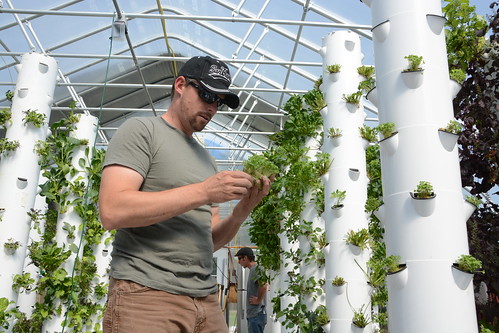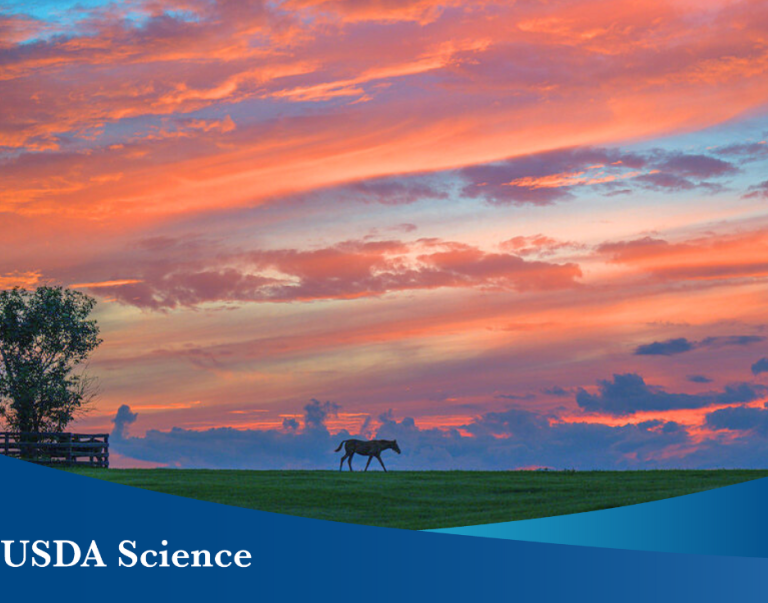
This summer, USDA is highlighting partnerships to invest in the future of rural America. Our partners work with us year after year to leverage resources and grow economic opportunities. They are the key to ensuring our rural communities thrive. Follow more of our stories on Twitter at @USDA or using the hashtag #RuralPartners.
Strong local and regional food systems are anchored in durable relationships. The USDA is proud to work closely with organizations and individuals and other entities across the country who are dedicated to building the networks and infrastructure local food systems need. One partnership in the making is with the Sustainable Agriculture and Food System Funders (SAFSF). SAFSF is a network of over 85 grantmakers supporting sustainable agriculture and food systems. Established in 1991, SAFSF has been a philanthropic leader in local and regional food system development.
Recently, SAFSF held their 12th annual meeting in Denver, Colorado. The meeting allowed USDA Know Your Farmer Know Your Food team members to interact with foundation leaders as part of our ongoing effort to explore ways USDA programs can leverage non-government funds more strategically. The agenda included site visits to local food projects where public-private partnerships can make a difference.
In eastern Colorado’s rural Arkansas River Valley, the Denver-based Gates Family Foundation has been supporting the Palmer Land Trust and other organizations’ work to make sustainable communities investments in the rural region. During our visit, we discussed the devastating impact limited water access and persistent drought have had on the agricultural economy. This same part of Colorado is served by the USDA’s StrikeForce Initiative for Rural Growth and Opportunity, which cultivates community based partnerships to serve rural communities experiencing chronic poverty.
The tour ended with a meal at the Venetucci Farm which is owned and managed by the Pikes Peak Community Foundation. One of the only remaining working farms in the Colorado Springs area, Venetucci, as well as a number of urban gardens supported by the foundation, is serving as a place where Colorado Springs area residents can reconnect to locally grown food.
At the Aero Farm in Denver where Buck Adams, founder of Veterans to Farmers, briefed us on his inspiring effort to help veterans find opportunities in agriculture and provide them with the skills to recover from the wars and prosper in the community. We met Evan Premer, a young military veteran who is growing produce within an innovative urban greenhouse utilizing aeroponics, the next generation of hydroponics. USDA is committed to developing agricultural opportunities for veterans through a variety of programs and services.
In the coming months we will be exploring how philanthropic investments can complement some of USDA’s programs, including our Business and Industry Loan Guarantee program and the recently announced Local Foods Local Places initiative we are supporting with four other federal agencies. The Know Your Farmer, Know Your Food Initiative coordinates the Department’s work on local and regional food systems. USDA is actively working with philanthropic community and other partners to develop strong regional food systems that can help reinvigorate rural America.


